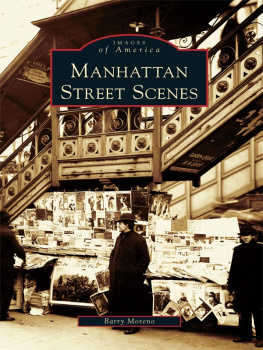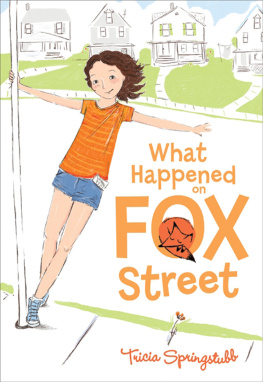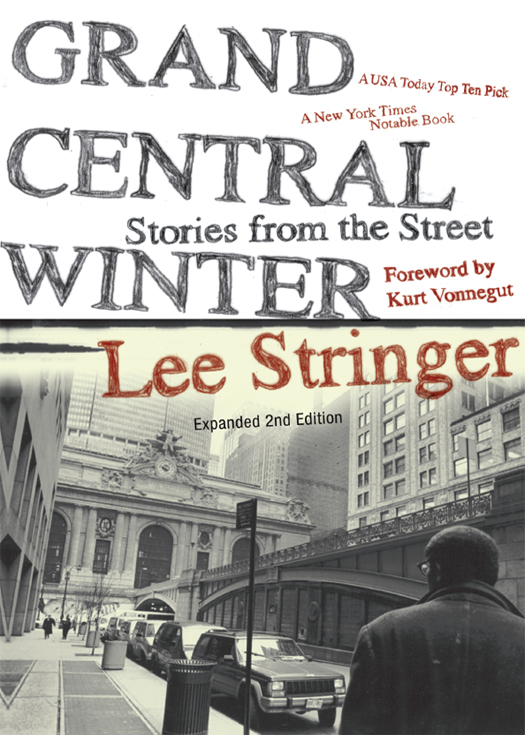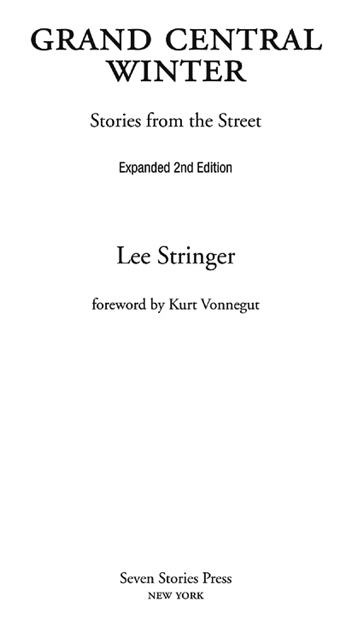Like Jack London, [Stringer] is a self-educated storyteller of the first rank this man can write!
Kurt Vonnegut
[With Grand Central Winter] Stringer gives us the long view of New Yorks underbelly, born of pain but delivered with style and heart.
John Jiler, New York Times Book Review
Grand Central Winter: Stories from the Street is as much about the redemptive power of writing as it is about being down and out in New York. It succeeds because Stringer tells not just his story, but a larger story about finding room amid the costume-jewel glitter for one more diamond in the rough.
Bob Minzesheimer, USA Today
Stringer weaves his gritty scenes with fluid commentary on how things work and what they mean, in language that combines the punch of the streets with the ideas of a careful thinker.
David L. Lewis, New York Daily News
What raises [Stringers] punch prose to the level of art is his stubborn refusal to romanticize anything, least of all his own survival Stringer has no answers to the problems he lived with, just an understanding of the people who shared [the street], and the instincts of a storyteller.
Janice P. Nimura, Newsday
Written with insight, humor and humanity, [Grand Central Winter] offers colorful and compassionate stories about life on the gray, grim streets of New York City, and the people he encountered there.
Mae W. Gentry, Atlanta Journal-Constitution
At the heart of Lee Stringer the addict was a false Eden relieving him of the worlds and his own ills. At the heart of Lee Stringer the recovering addict at home in Mamaroneck, New York, is a writer, a real one, in Grand Central Winter, knowing, more than he lets on, exactly what hes doing.
Leonard Gill, Memphis Flyer
Stringer possesses a sharp eye for the street and the rich, sagacious talent of a storyteller.
Publishers Weekly
The book gives full humanity to its troubled characters and homes in on the motivations, strategies, and relationships of people surviving on the streets Highly recommended.
Library Journal
Stringers crisp detail, straight-no-chaser wit, and uncompromising frankness are as bracing as his subject is significant.
Donna Seaman, Booklist
Stringer knows full well that freedom begins between the ears. It is the discovery of this freedom that liberates the heart.
Colum McCann, San Francisco Chronicle
Grand Central Winter contains surprisingly entertaining vignettes, as the author is blessed with a light touch as well as empathy for his fellow down and out. You can imagine his charactershookers and junkies and people whove fallen just off the edgein a lyrical, neo-realist Disney film about New York.
Matthew Flamm, Salon
Grand Central Winter is, in fact, a subversive work. Its characters and stories fly in the face of the most hallowed stereotypes that American society holds about homeless and near-homeless people.
Patrick T. Reardon, Chicago Tribune
[Lee Stringers] writing is edgy and pointed and sometimes startlingly funny.
Barbara Stewart, New York Times Metro section
While such vivid observations would be impressive for any writer, they seem nearly miraculous when you consider that they were drafted while the author was living on the street under the duress of drug addiction.
David Bahr, Time Out New York
Copyright 1998, 2010 by Caverly Stringer
First Seven Stories Press paperback edition
All rights reserved. No part of this book may be reproduced, stored in a retrieval system, or transmitted in any form or by any means, including mechanical, electric, photocopying, recording, or otherwise, without the prior written permission of the publisher.
Seven Stories Press
140 Watts Street
New York, NY 10013
www.sevenstories.com
In Canada: Publishers Group Canada, 559 College Street, Suite 402, Toronto, ON M 6 G 1 A 9
In the UK: Turnaround Publisher Services Ltd., Unit 3, Olympia Trading Estate, Coburg Road, Wood Green, London N22 6 TZ
In Australia: Palgrave Macmillan, 1519 Claremont Street, South Yarra, VIC 3141
College professors may order examination copies of Seven Stories Press titles for a free six-month trial period. To order, visit http://www.sevenstories.com/textbook or send a fax on school letterhead to (212) 226-1411.
Library of Congress Cataloging-in-Publication Data
Stringer, Lee.
Grand Central winter: stories from the street / Lee Stringer. Seven Stories Press 1st trade pbk. ed.
p. cm.
eISBN: 978-1-60980-225-7
1. Homeless personsNew York (State)New YorkCase studies. I. Title.
HV4506.N6S77 2010
362.509227471dc22
2010016548
v3.1
Contents
Foreword
His name is Lee Stringer. Like Jack London, he is a self-educated storyteller of the first rank, and an unembittered, hopeful survivor of extreme poverty, long-term homelessness, and addiction.
Lee Stringers tales are grimly entertaining. They are about how the most useless and rootless and endlessly harried of New York Citys outcasts manage to stay alive day after day. They are reportage, not fiction. The author, himself a character in every story, was for years and years as bereft of dignity and self-respect as are his subjects.
Even when a crack addict, though, gathering cans redeemable for a nickel apiece, being chased off subways for hawking Street News, a weekly about and by pariahs like himself, Lee Stringer discovered a new high. It was writing for that paper. He wrote so interestingly and well that he became editor. He gained a purpose in life beyond getting the next crack fix. On the papers office couch, he at least found a place to sleep where police could not improve the quality of life in the city by rousting him.
He kicked his drug habit. That makes him worthy of our attention, however fleeting, as a small-time hero. But this man can write! His stories are deliberately unsentimental. He might have made himself and his wretched characters from real life seem lovable or cute or raffish, or at least pitiable, and thus established himself as a sort of Damon Runyon.
He chooses instead to be coolly technical, to teach his readers what homeless persons in New York City, many of them clinically insane or idiotic, do hour-after-hour, day-after-day, simply to keep from dying.
Nowhere in all his first-rate writing has Lee Stringer concealed the hook of collective guilt, should we dare to bite. But those who do bite will find resonant new dimensions, as have I.
What is to be done?
Kurt Vonnegut
New York City
May 13, 1998
Preface
In some eras more than others it is harder for us all to be the kind of people we would wish ourselves to be. This was certainly true of Germany in the forties. And to an extent it was also true of America in the eighties, as the mighty and the lowly alike went to extraordinary lengths to flee a deepening sense of despair. The grand exploits of the high-and-mightiestheadlining the news as they hadwere well documented and since have been amply dissected. But for the low and the lost, less is understood about their sprees of abandon.
I was among them.
This, in part, is our story.







